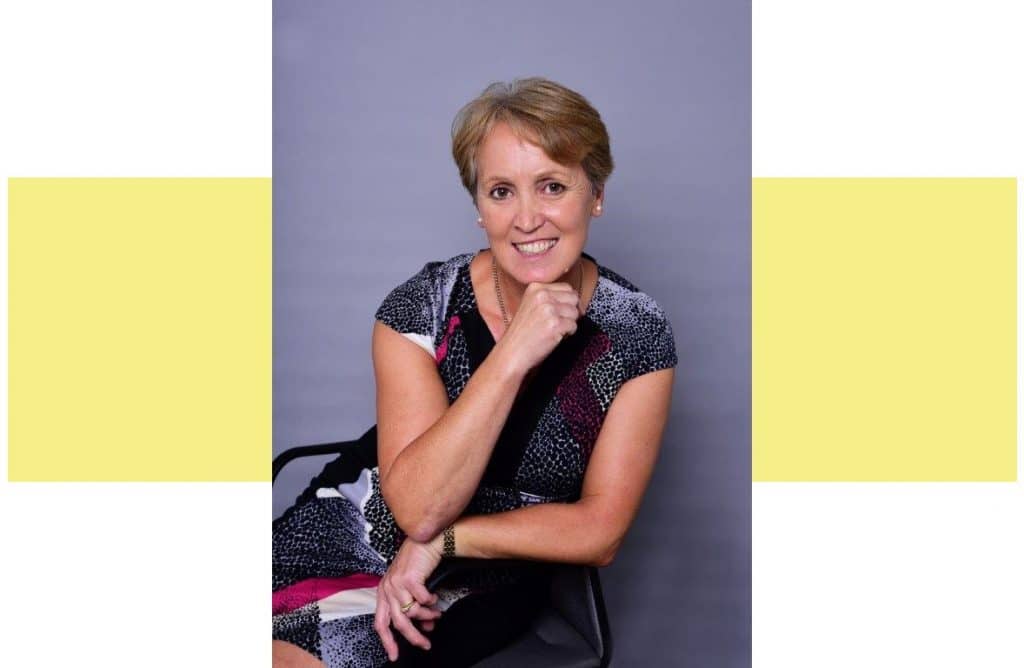Pensions, are you losing out? – Pension and divorce
I am really pleased to have a guest blog by Karen McGrath, Chartered Financial Planner and Resolution Accredited Specialist at Skerrits Chartered Financial Planners.
Some pensions are very valuable – is one of you losing out down the line?
Pensions can often be the most valuable asset a couple own, but too often when it comes to divorce they can be treated as a bit of an after-thought, or even ignored.
The consequence of pensions not being given proper consideration is that one party could be losing out, even though that loss may not be felt for many years to come.
Take as an example a couple who were members of their employers pension schemes and had been contributing similar amounts for about the same number of years. Their view was that they each had a pension and so there was no need to bring the pensions into the divorce discussion.
The problem was that the husband was in a public sector defined benefit scheme, whilst the wife’s pension was a money purchase scheme.
The difference in value of the two schemes dwarfed the equity in the house and all their other assets put together.
Situations like this are not uncommon, and it is often only as people near retirement age that they start to take an interest in their pensions and begin to either appreciate the value of what they have or, more commonly, realise that they will not be able to afford to stop working as soon as they’d like.
It is not surprising therefore that in divorce the value of pensions can be overlooked.
Good financial advice for pensions at divorce
Good advice at divorce will be seeking to address both immediate and longer term needs of the couple.
This should include consideration of what income they may need when they reach retirement, as well as meeting immediate needs for a home and income.
Solutions exist to enable the sharing of pensions, whether it’s to help address future income needs, or to ensure a fair share of the capital.
But the solutions work best when they are part of the overall arrangements, and when the value is properly appreciated by both parties.
Involving a financial expert in the early stages can help bring clarity and understanding. This may be done through a financial adviser being involved in Mediation, or in a collaborative meeting, where the couple are able to explore the options they have for sharing the pensions.
Alternatively one or both partners may benefit from a meeting on their own with a financial adviser in an environment where they feel they can ask questions and talk through concerns and get sound guidance on the range of options.
The financial adviser will be able to:
- identify the type of pensions;
- advise on whether an actuarial valuation may be beneficial;
- provide guidance on potential future income;
- identify what options might be available for different pension types, and what the benefits and disadvantages might be.
Sometimes the best results come when the lawyers, family consultants and financial advisers – and potentially a financial coach for support – work together with the couple to find solutions that meet both short and longer term needs.
Karen McGrath
Chartered Financial Planner and Resolution Accredited Specialist, Skerrits Chartered Financial Planners
You may also be interested in:
- Pensions and divorce – managing difficult emotions
- Creating a budget for life after separation or divorce: step by step guide
Are you feeling emotionally unprepared for financial discussions during the divorce process, or worried about how to manage your money in future?
If so, you may wish to be supported with financial coaching.
Kim Crewe is a qualified financial coach as well as an experienced divorce coach and family consultant. She can work with you to develop your own financial confidence, so you feel more empowered to tackle money decisions in divorce. This can work very well in tandem with regulated financial advice and legal advice.
The benefits of financial coaching in divorce or separation can be wide ranging. Learn more here.




